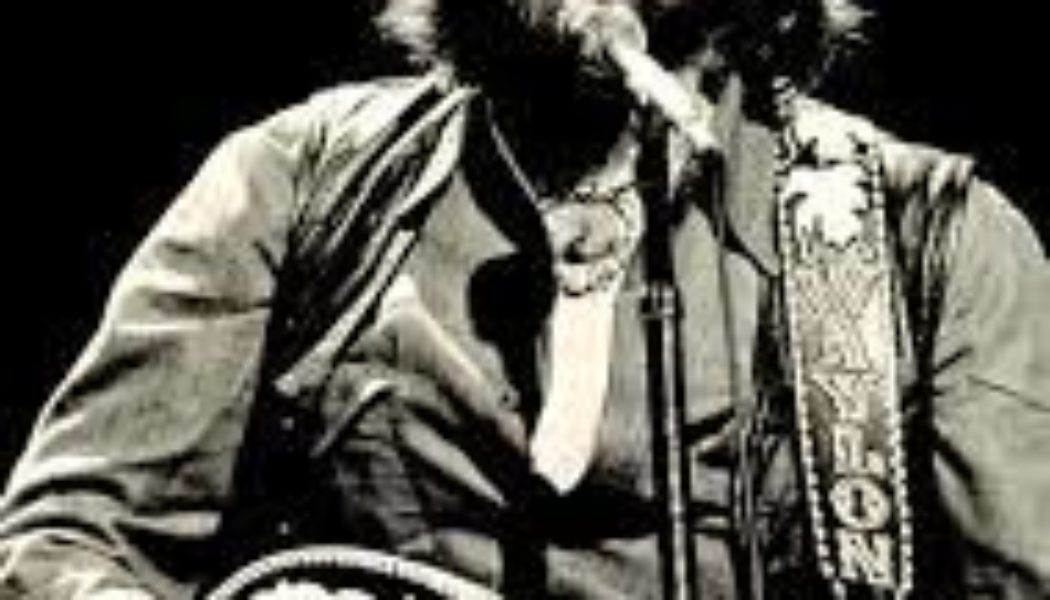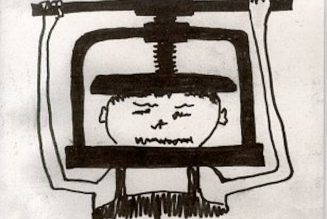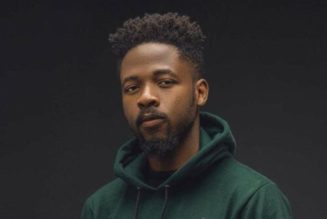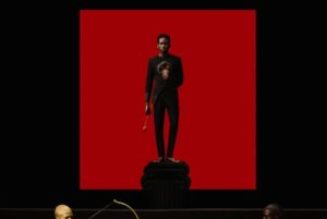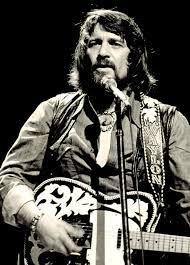
Country music needs to change. At least, that’s what Waylon Jennings told the world.
“Lord it’s the same old tune, fiddle and guitar, where do we take it from here? Rhinestone suits and new shiny cars, it’s been the same way for years. We need a change,” Jennings sings in his 1975 song “Are You Sure Hank Done It This Way?”
Hank Williams Sr., one of the first country stars who rose to prominence in the late 1940s, had a profound influence on Jennings. When Jennings sought fame in Nashville, he found Williams’ style – though traditional and somewhat stilted – to come from a more real place than mass-produced music. So when he reached fame, he called to bring country music back to its roots.
“Ten years on the road, makin’ one-night stands, speeding my young life away,” Jennings sings. “Tell me one more time just so I’ll understand, are you sure Hank done it this way? Did old Hank really do it this way?”
Jennings made it his mission to defy corporate Nashville’s artificial effect on country music. He, Williams’ son Hank Williams Jr., and Willie Nelson worked to popularize genuine music with a new, gritty genre: “outlaw country.”
“For us, ‘outlaw’ meant standing up for your rights, your own way of doing things,” Jennings said in his autobiography, according to PBS. “It felt like a different music, and outlaw was as good a description as any.”
Jennings and Williams Jr. sang “The Conversation” in 1979, in memory of the senior Williams and his fading legacy of challenging professional music culture.
“Back then they called him crazy, nowadays they call him a saint,” Jennings and Williams Jr. sang. “They fired him from the Opry, and that caused his greatest pain.”
Williams Jr. further memorialized his father in the 1979 song “Family Tradition,” saying while the two developed different styles, corporate country music burdened them with similar struggles.
“Lord, I guess I went and broke their family tradition,” Williams Jr. sings. “They get on me and want to know Hank, why do you drink? Hank, why do you roll smoke? Why must you live out the songs that you wrote? Over and over, everybody makes my prediction. If I get stoned, I’m just carrying on an old family tradition.”
While corporate country music at the time may have been associated with conservative values, it drove artists to addiction behind closed doors.
“Country music and amphetamines had a long and running relationship,” country artist Marty Stuart said to The Rolling Stone. “They swapped pills like it was M&Ms and nobody thought anything.”
Jennings and Nelson would join Johnny Cash – Jennings’ Nashville roommate – and Kris Kristofferson to form “The Highwaymen,” aiming to popularize real music through outlaw country. The group recorded three albums from 1985 to 1995, including its perhaps most well-known 1985 song “Highwayman.” This recalled a fading outlaw culture with the promise it would never go extinct – echoing the artists’ intent for country music.
“They buried me in that gray tomb that knows no sound, but I am still around,” the group sings. “I’ll always be around.”
While Jennings and this group left a profound mark on the industry, the influence of mass-produced music continued to pose an issue, prompting mainstream artists George Strait and Alan Jackson to perform “Murder on Music Row” in 1999. The song blamed country music’s demise on “the almighty dollar and lust for worldwide fame” which “slowly killed tradition.”
But one station near my hometown in rural Oregon still holds out, where through the static, Jennings still sings.
“Somebody told me when I came to Nashville, ‘Son you finally got it made. Old Hank made it here, and we’re all sure that you will.’ But I don’t think Hank done it this way. No, I don’t think Hank done it this way.”
